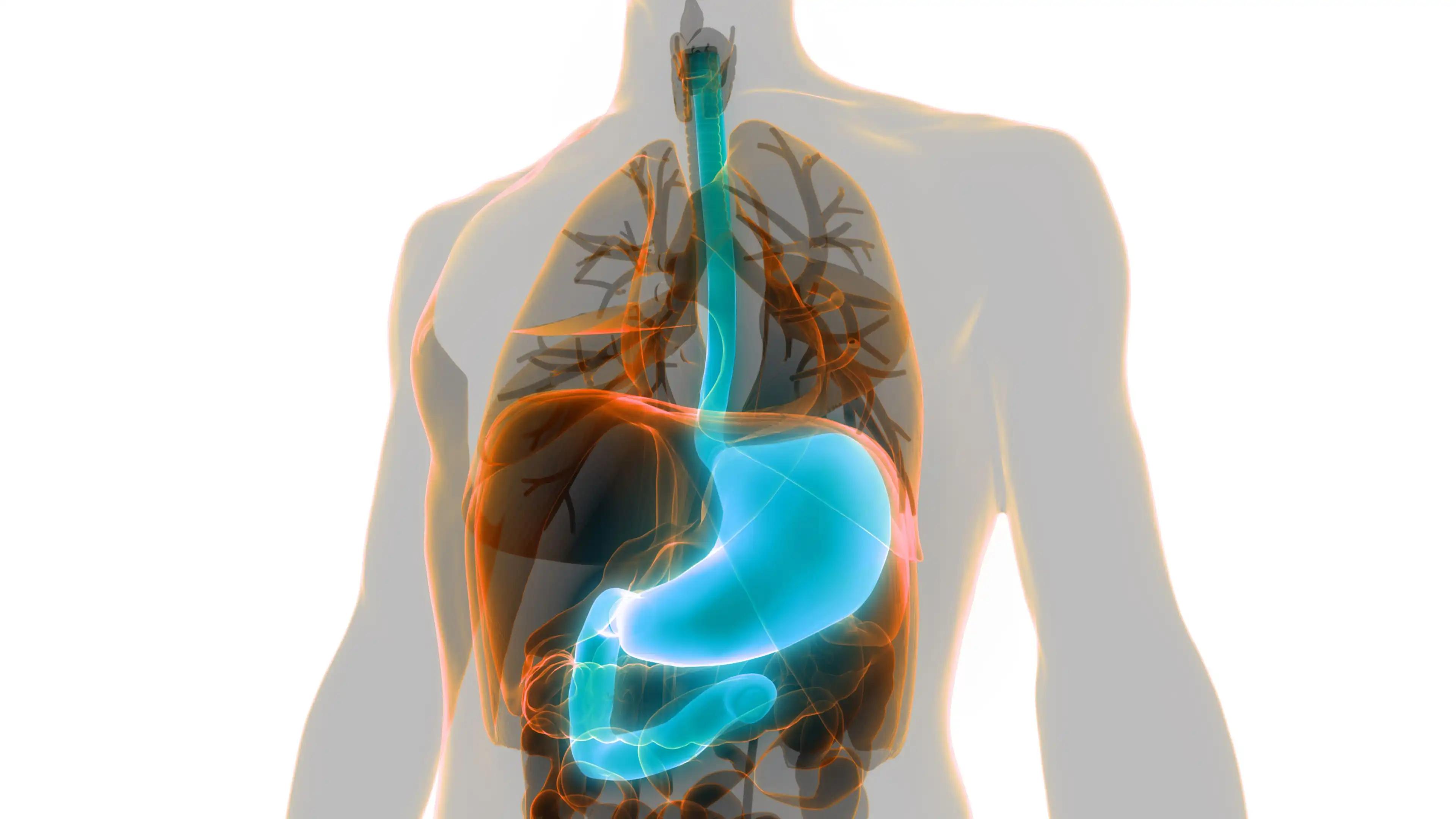KEY TAKEAWAYS
- Trifluridine/tipiracil (FTD/TPI) demonstrated clinical benefit and manageable safety in previously treated patients with metastatic colorectal or gastric/gastroesophageal junction cancer in the phase III RECOURSE and TAGS trials, respectively.
- A pooled analysis was conducted to further characterize FTD/TPI safety, including management of haematologic toxicities and use in patients with renal or hepatic impairment.
- Haematologic and gastrointestinal adverse events were the most commonly observed in FTD/TPI-treated patients, with grade 3-4 neutropenia occurring in 37% (TAGS) and 38% (RECOURSE) of patients.
- Supportive medications were received by 17% (TAGS) and 9% (RECOURSE) of FTD/TPI-treated patients for neutropenia, and febrile neutropenia was reported in 2% and 4%, respectively.
- Overall, FTD/TPI safety was consistent across patients with normal or mildly impaired renal/hepatic function; however, patients with renal impairment should be monitored for haematologic toxicities.
In phase III RECOURSE and TAGS trials, patients with metastatic colorectal (mCRC) or gastric/gastroesophageal junction (mGC/GEJC) cancer who had received prior treatment exhibited clinical benefit, including better survival and tolerable safety with trifluridine/tipiracil (FTD/TPI). To better describe the safety of FTD/TPI, including the management of haematologic toxicities and the use in patients with renal or hepatic impairment, a pooled analysis was performed.
FTD/TPI [35 mg/m2 twice daily days 1-5 and 8-12 (28-day cycle); identical dosage in both trials] or placebo plus best supportive care was randomly assigned to adults who had received 2 prior treatments for advanced mGC/GEJC or mCRC. The incidence of adverse events (AEs) was analysed by renal/hepatic function in the safety population (patients who received 1 dose).
There were 335 and 533 patients in the FTD/TPI group and 168 and 265 in the placebo group in the TAGS and RECOURSE studies, respectively. The overall safety of FTD/TPI was similar between TAGS and RECOURSE. The most prevalent AEs were haematologic (neutropenia, anaemia) and GI (nausea, diarrhoea). Neutropenia of grade 3-4 as determined by the laboratory occurred in 37% (TAGS)/38% (RECOURSE) of FTD/TPI-treated patients (median onset: 29 days/55 days), and 96% (TAGS)/97% (RECOURSE) of cases cured regardless of renal/hepatic function. 17% (TAGS) and 9% (RECOURSE) reported receiving neutropenia-supportive drugs; 2% and 4%, respectively, reported experiencing febrile neutropenia.
More patients with moderate renal impairment experienced adverse events of grade 3 or above (81% in TAGS and 85% in RECOURSE) compared to those with normal renal function (74% and 67%). Patients with renal impairment were also more likely to experience anaemia and neutropenia. The incidence of adverse events (AEs) related to the blood (hematologic AEs) in patients taking FTD/TPI was similar in those with normal and mildly impaired hepatic function. These data show that FTD/TPI has a consistent safety profile and is well tolerated by patients with mGC/GEJC or mCRC. Similar safety profiles were observed in individuals with normal or modestly impaired renal/hepatic function; however, patients with renal impairment should be closely monitored for haematologic toxicities.
Source:https://pubmed.ncbi.nlm.nih.gov/36455504/
Clinical trial: https://clinicaltrials.gov/ct2/show/NCT02500043/
Van Cutsem, E., Hochster, H., Shitara, K., Mayer, R., Ohtsu, A., Falcone, A., Yoshino, T., Doi, T., Ilson, D.H., Arkenau, H.-T. ., George, B., Benhadji, K.A., Makris, L. and Tabernero, J. (2022). Pooled safety analysis from phase III studies of trifluridine/tipiracil in patients with metastatic gastric or gastroesophageal junction cancer and metastatic colorectal cancer. ESMO Open, 7(6), p.100633. doi:https://doi.org/10.1016/j.esmoop.2022.100633.



